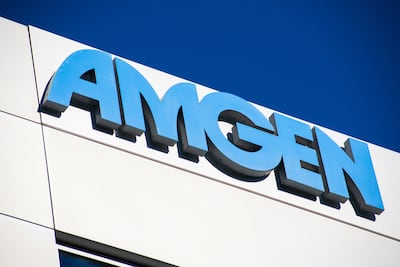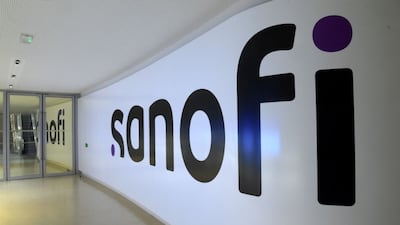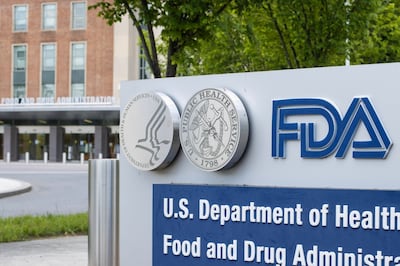Rare Diseases
The company announced positive Phase II results for the JAK1/TYK2 inhibitor in cutaneous sarcoidosis, which has no approved treatments.
Enthusiastic predictions from industry leaders for ongoing progress in obesity, oncology, immunology, neuroscience and more were supported by optimism for the potential of AI and other technological advances to enable breakthroughs in processes as well as pipelines.
Investors appeared not to be bothered by Amgen’s Q4 product updates, including the US FDA’s request to pull rare disease drug Tavneos from the market and discontinuation of Phase III bemarituzumab.
The CHMP has delivered a negative trend vote on the US firm's filing for Daybue.
Sanofi’s mixed data readout for venglustat lines up regulatory filings in neurological type 3 Gaucher's disease, while additional analyses and a separate trial will guide its future in Fabry's disease.
A complete response letter will delay Joenja’s US growth, which Pharming needs as its flagship product, Ruconest, faces growing competition.
From a biofoundry network and pharma industry backed AI research organization to a small-molecule repurposed drug in Duchenne’s muscular dystrophy, experts discuss a number of advances underway as India seeks to move up the innovation ladder.
The company plans to take Aqneursa to regulators in the US, Europe and elsewhere for ataxia-telangiectasia (A-T), which currently lacks any approved therapy.
HUTCHMED sees good potential for its Syk inhibitor in autoimmune setting following positive topline Phase III results, with China NDA planned in first half.
The Niemann-Pick disease type C drug is off to a good start in the US but Europe may be even more lucrative, CEO Neil McFarlane tells attendees at the J.P. Morgan meeting.
A deal for the Duchenne muscular dystrophy treatment with Nxera is valued at up to $205m.
Ersodetug missed its Phase III primary endpoint in congenital hyperinsulinism but thinks building on data showing pharmacologic activity may offer a path to approval.
CEO and co-founder Tim Van Hauwermeiren will transition to chairman of the board of directors.
In its second deal of 2025 building its enzyme replacement therapy portfolio, BioMarin says Amicus’s two marketed products may grow into blockbusters with greater geographic reach.
The US FDA approved Uplizna (inebilizumab) for generalized myasthenia gravis, an increasingly crowded market. Amgen believes it can compete due to the CD19-targeting antibody’s durable efficacy with twice-yearly dosing.
Novartis presented Phase III results for anti-BAFF/ADCC antibody ianalumab in the second-line treatment of immune thrombocytopenia but will wait for first-line data to file for approvals in 2027.
Dyne’s data from a larger Phase I/II trial cohort showed much greater dystrophin production with z-rostudirsen (DYNE-251) than seen with Sarepta’s Exondys 51 and some functional gains.
With three approved drugs and volixibat in pivotal studies for two cholestatic liver diseases, Mirum is betting $570m in cash and equity to pick up Bluejay’s Phase III hepatitis D candidate.
Pharvaris’s oral bradykinin B2 antagonist hit all endpoints in a Phase III study in hereditary angioedema attacks, meaning the drug could be competing soon with Kalvista’s Ekterly.
The pivotal Phase III trial met the primary and secondary endpoints, showing skeletal and cardiac benefits and supporting deramiocel as a treatment for Duchenne cardiomyopathy.




















